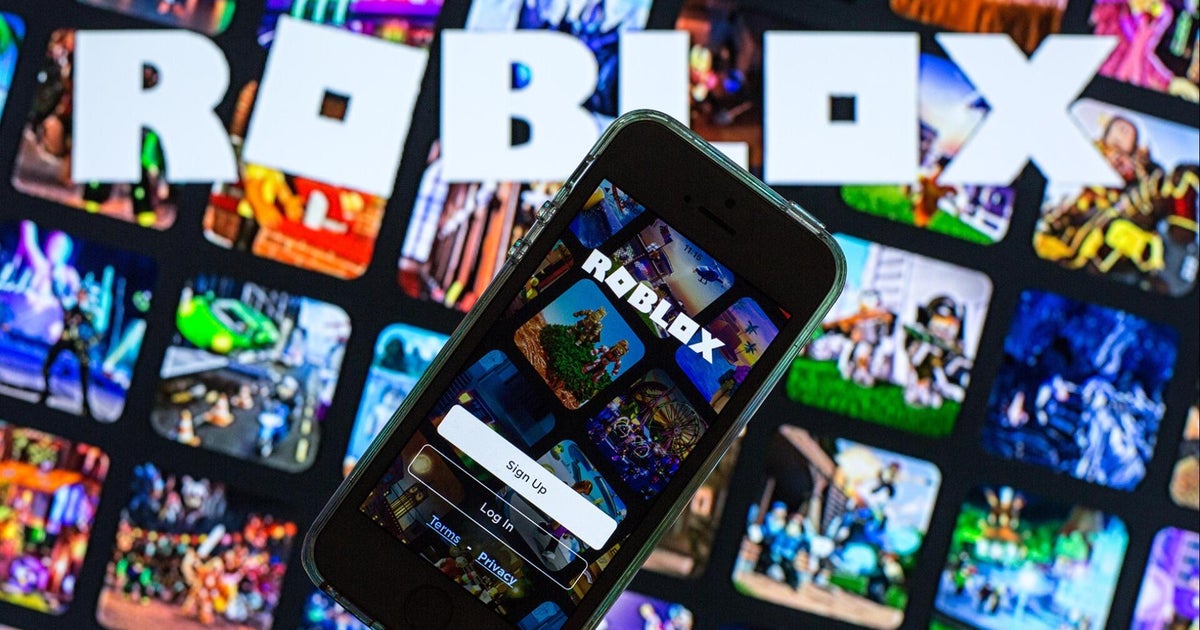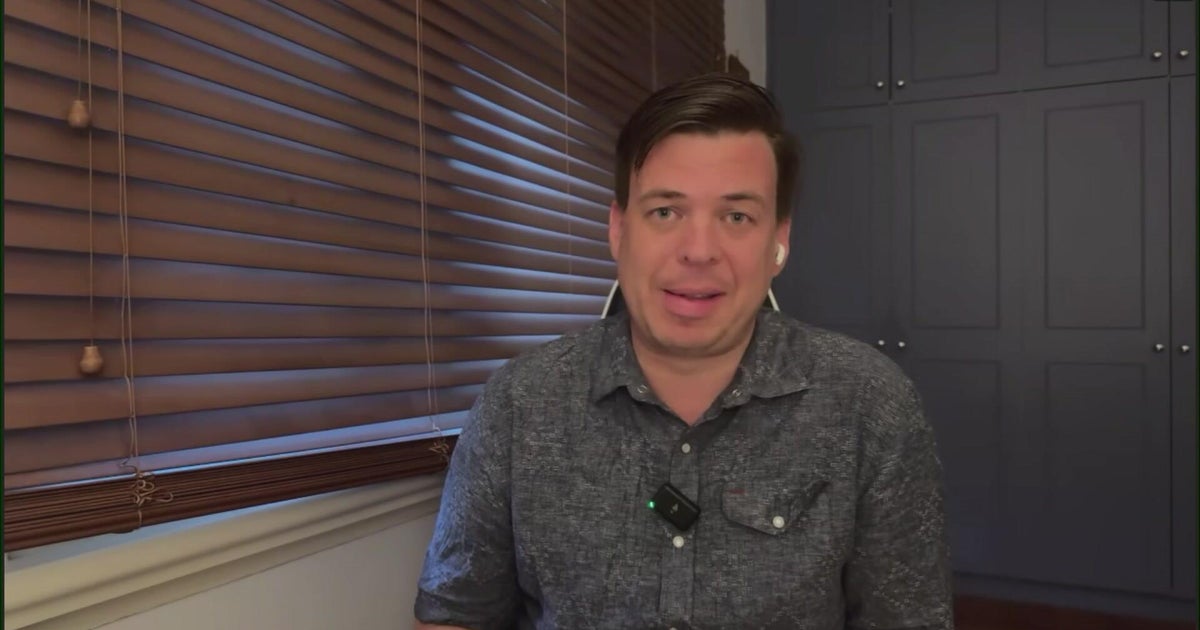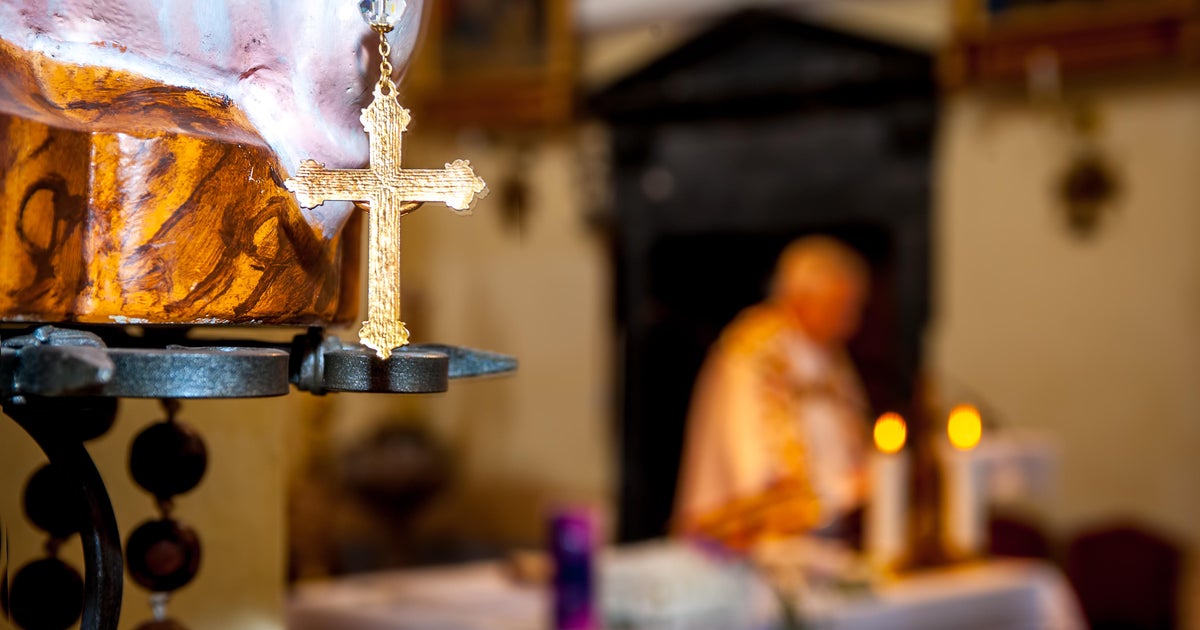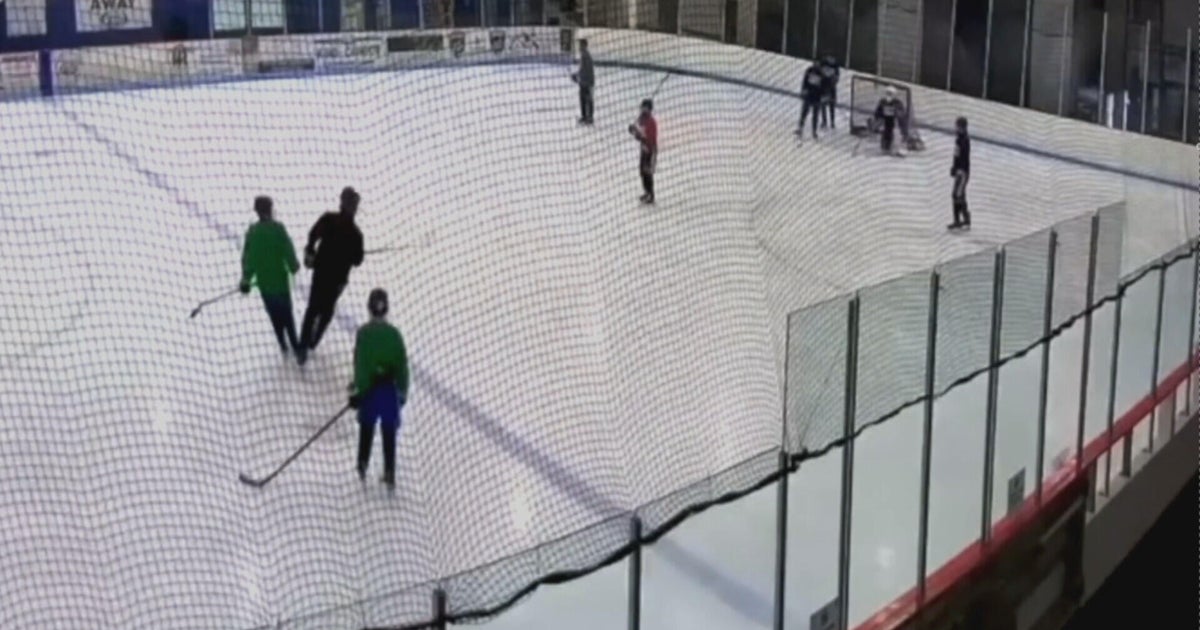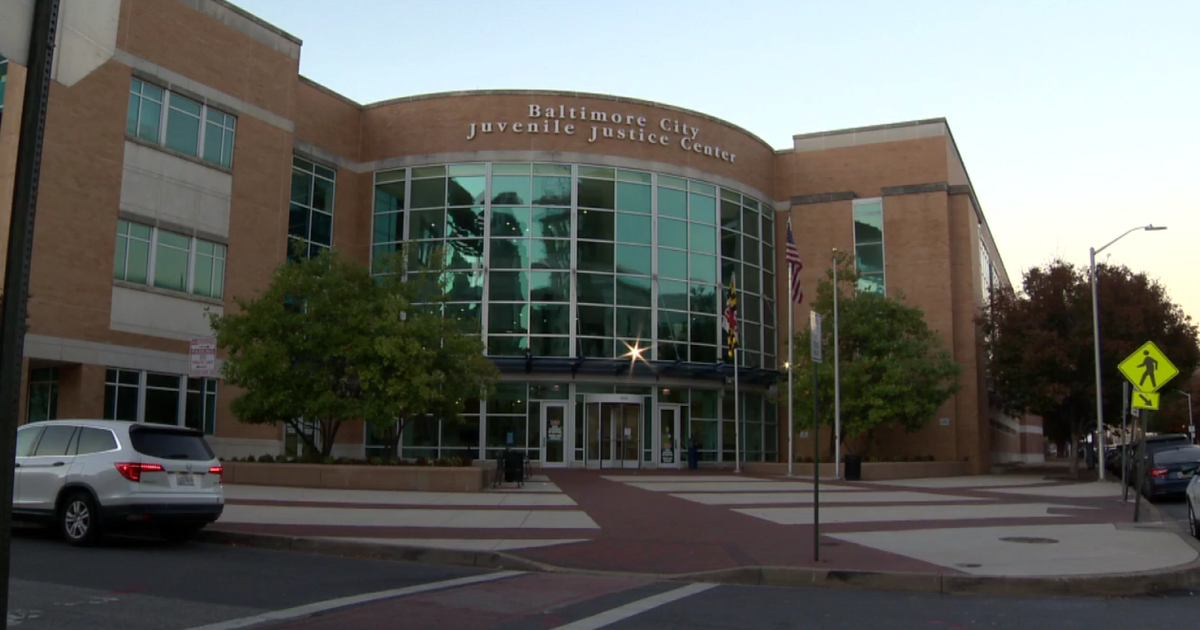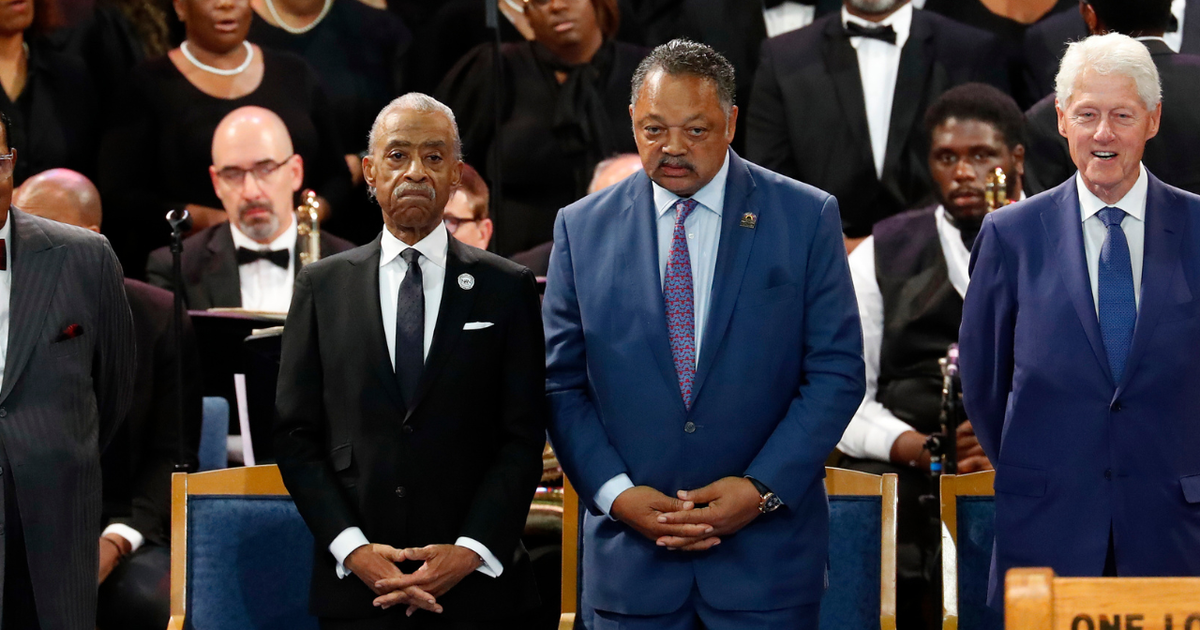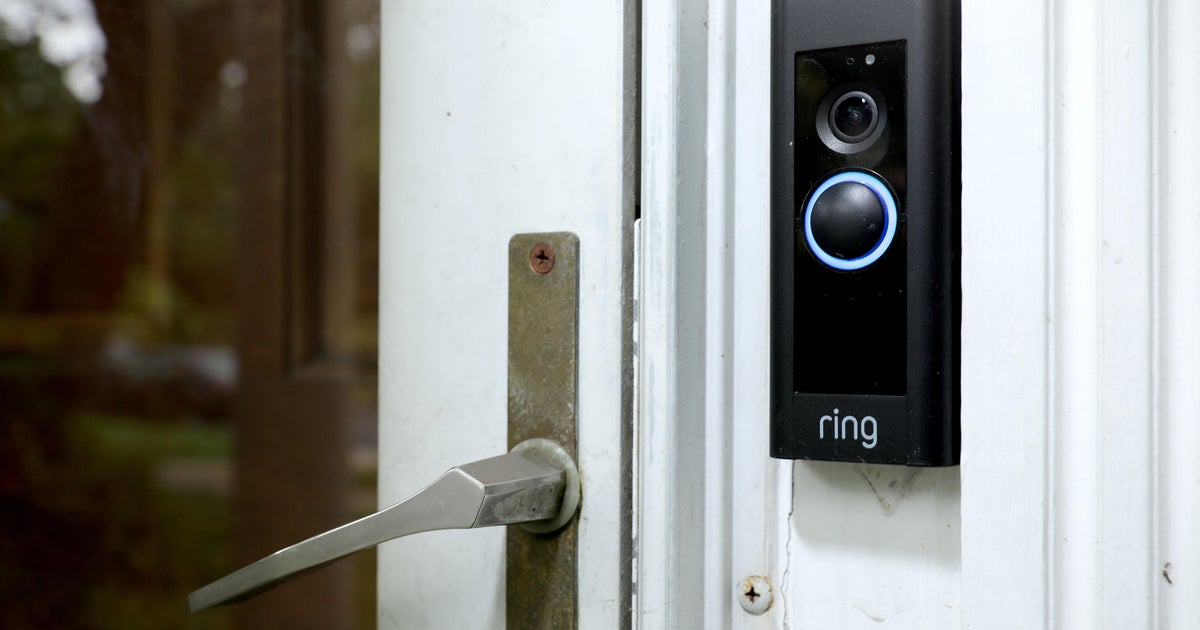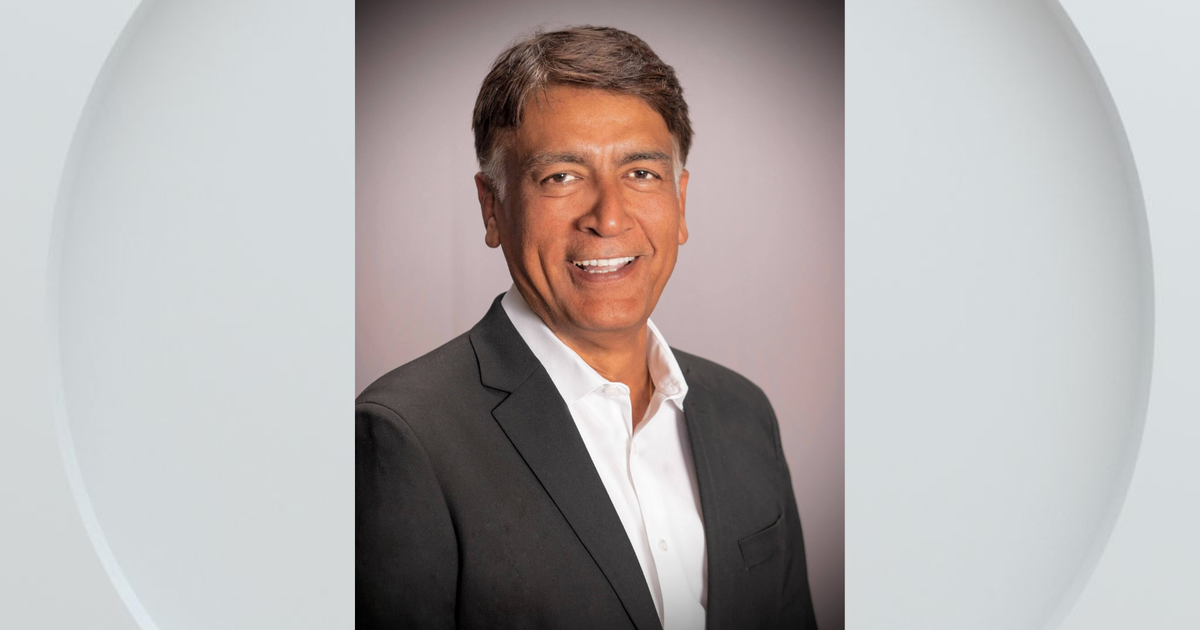Abuse By Athletes: What's The Connection?
NEW YORK (CBS 2) -- From K-Rod to Brooklyn basketball phenom Lance Stephenson, domestic violence charges are showing a dark side to professional sports.
CBS 2's Kirstin Cole reports on the growing problem and the potential solutions.
Tanya McLeod is a domestic abuse survivor and now a counselor, and she said she is seeing violence by athletes on the rise.
"There is no excuse for abuse, it's a choice. Whether athlete, or person on the street," said McLeod.
Mets pitcher Francisco Rodriguez has made headlines after being charged with his father-in-law, and rising young NBA player from Brooklyn, Lance Stephenson, was charged after allegedly throwing his girlfriend down a flight of stairs.
Experts say it's a sad part of a culture of accepted playing field violence transferring to relationships.
"It's not just athleres," said Bryon Hurt, an educational speaker who lectures about gender violence prevention from grade school to college. "It's guys at fraternities, the military. We're all sort of trained by the culture that the way we handle conflict and disappointment and disagreement is through violence."
One study of college athletes found they were involved in a disproportionate number of sex assaults: While athletes made up just over 3 percent of the student body, they were involved in 19 percent of the sex assaults on campus.
Yet when those athletes move to professional sports, it appears not as many are held accountable for domestic violence. An analysis of NFL athletes trend in the opposite direction.
Since 200, while one in 21 men were arrested for domestic violence, only one in 47 players faced the same charges.
Even more telling is the conviction rate: 76 percent of men in the general public were convicted of crimes. When you consider just athletes, it drops in half, to 36 percent.
"It's a message sent to athletes that they can get away with it and something should be done to turn those numbers around," said McLeod. "All who abuse and choose to commit a crime should be held accountable for their actions."
Hurt says more education is needed.
"I don't think this is going to go away," he said.
